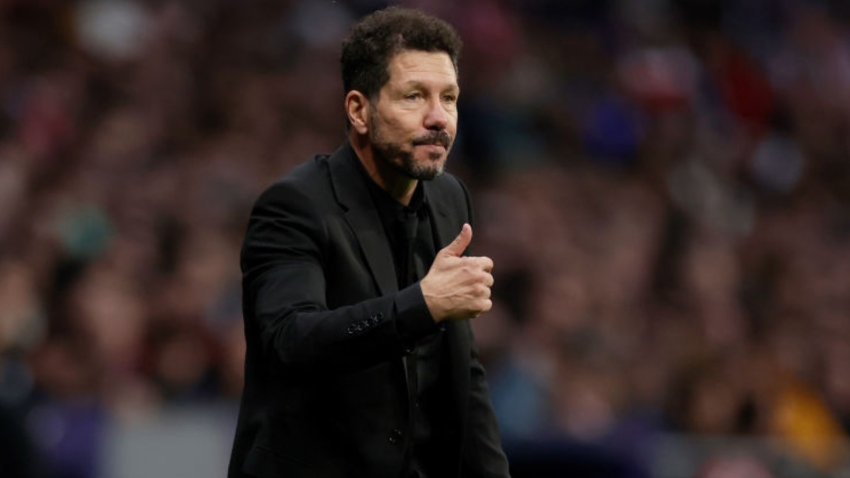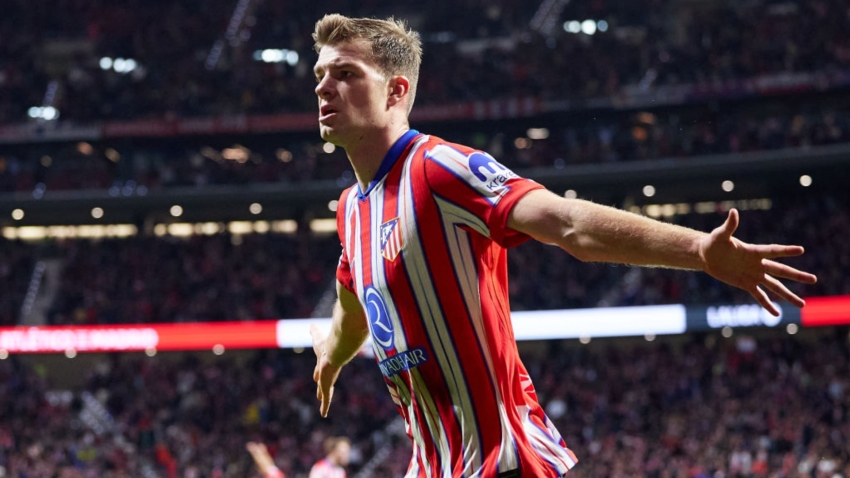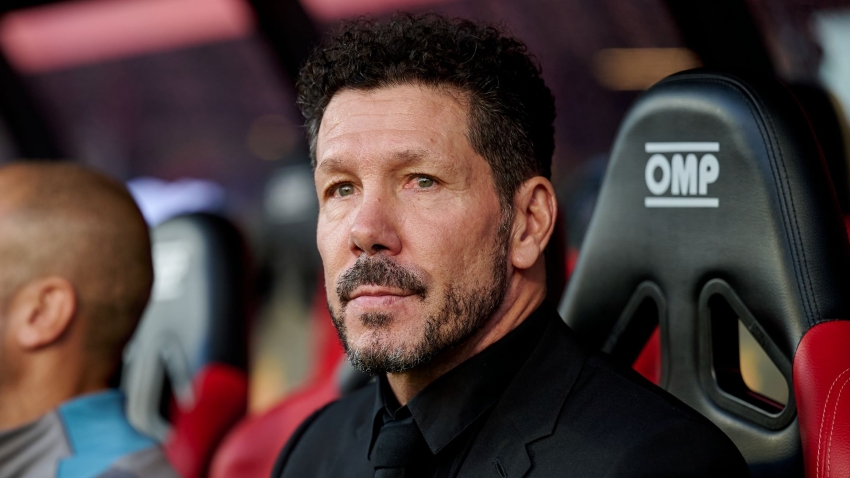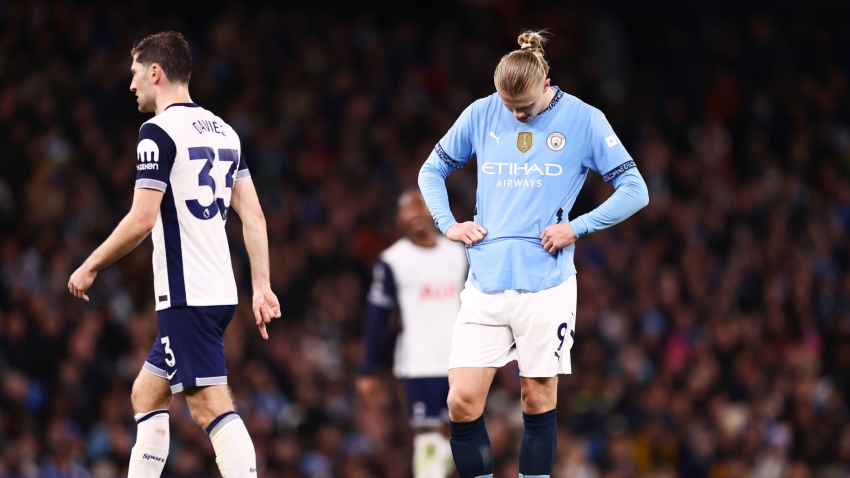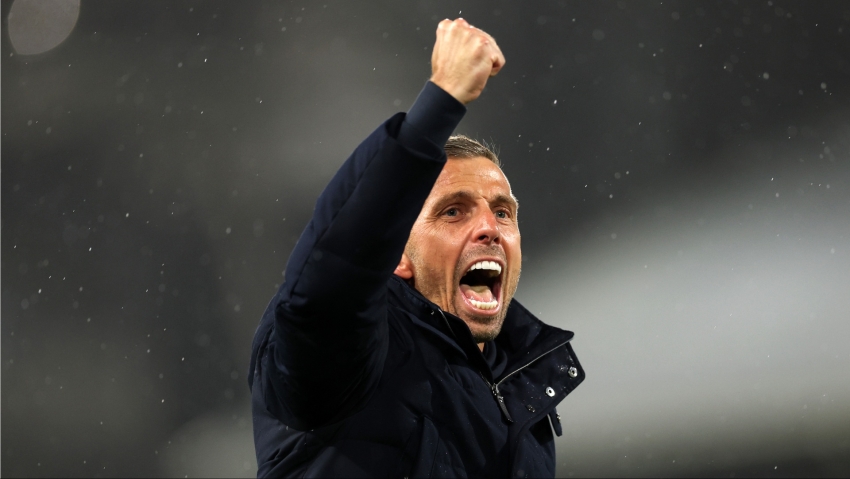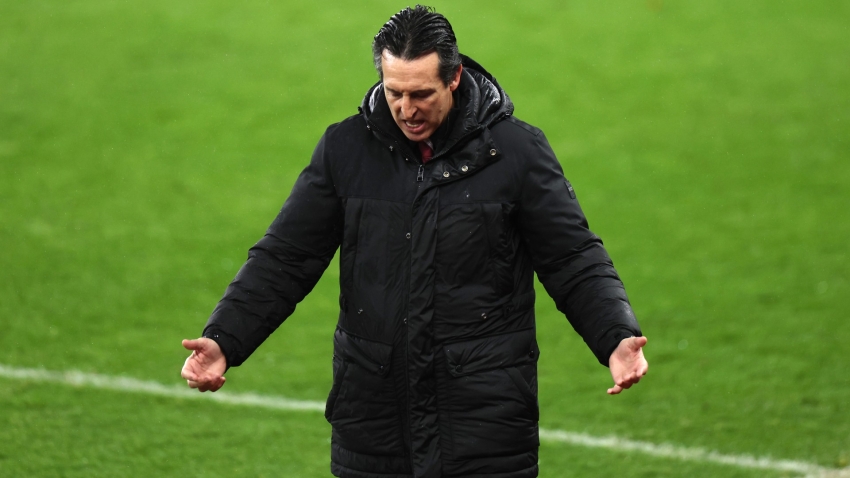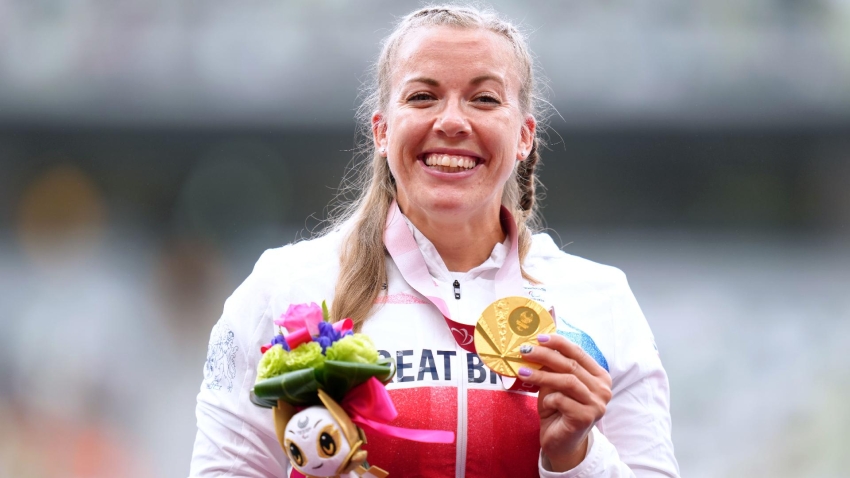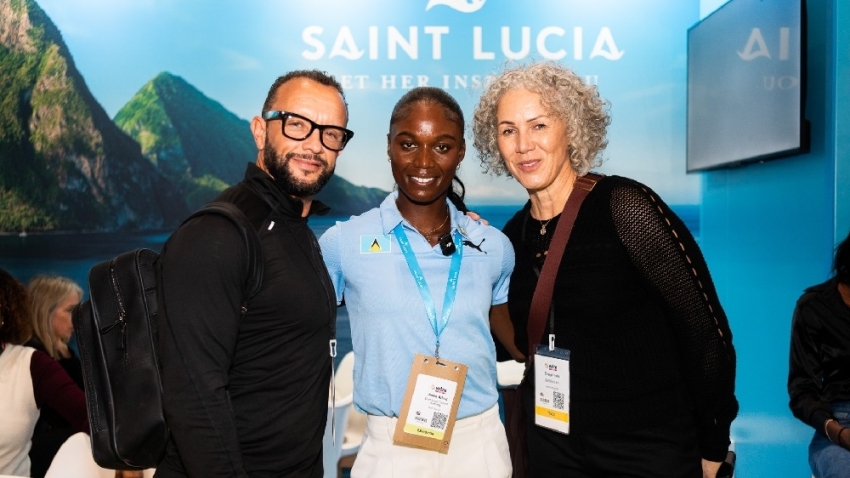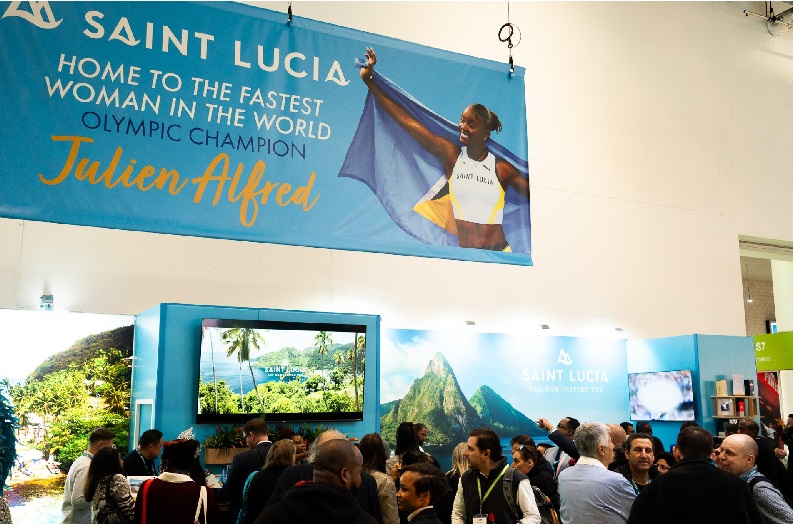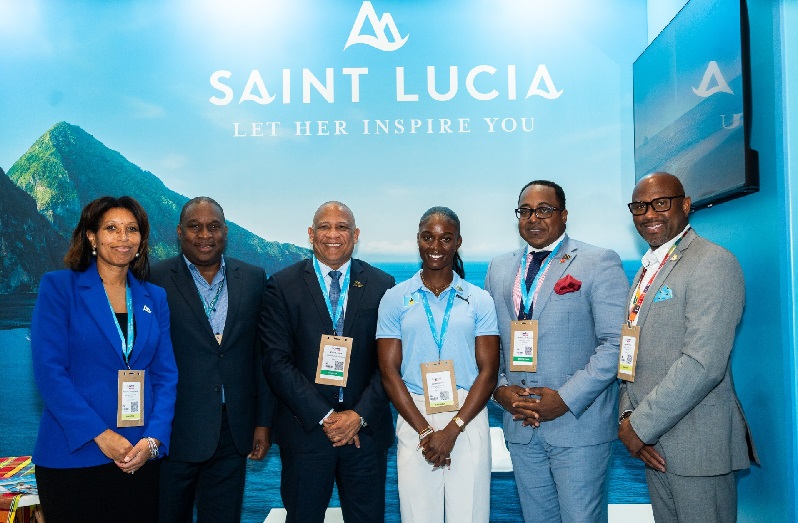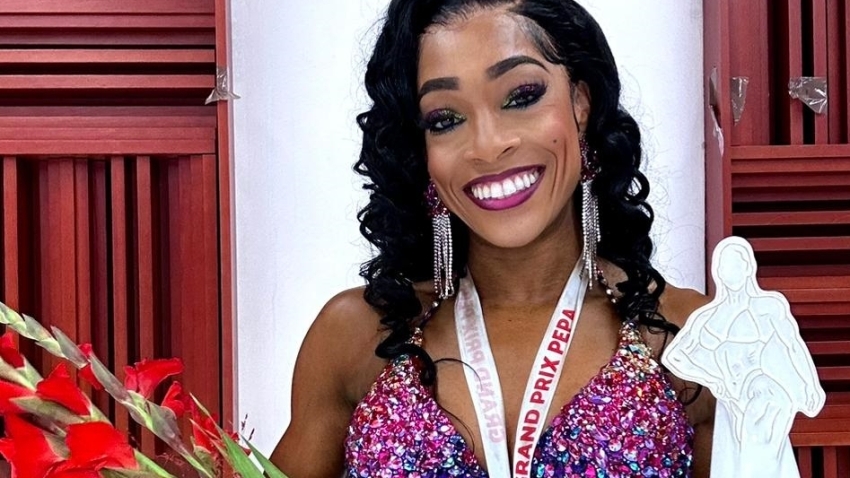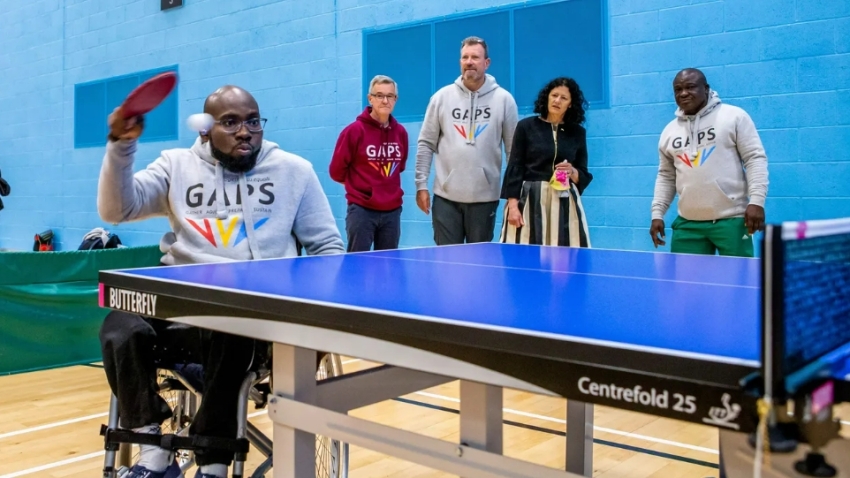Seven-time Paralympic champion Hannah Cockroft feels it is time for the world to “move on” from London 2012 nostalgia and stage another Games worthy of the athletes.
The wheelchair racer won T34 100m and 200m gold in the capital, a Paralympics still widely viewed as the most successful in the history of the now nearly 64-year-old event.
Cockroft, also a 14-time world champion, is optimistic the Paris 2024 Paralympics have a chance of setting a new bar, overtaking a London Games that, without sacrificing any of their considerable significance, can now also be viewed from the perspective of stalled progress.
Asked if this summer could finally establish a new exemplar, Cockroft told the PA news agency: “I hope so. I’d love that. Even though I’m so proud that I got to compete at London 2012, and I get to sit there and say that I competed at the best Paralympic Games ever, it’s also kind of embarrassing saying that an event that happened 12 years ago was the best one of that event ever.
“From what I’ve seen, the support the athletes are getting, the support I got this year, is bigger than what I had going into London, so this year is really big.
“We’re seeing big brands get involved, ticket sales are going really well, I think Paris could be huge if they do it right, and so far they’re doing it pretty well.”
Last week, three-time British-Canadian Paralympic medallist Stef Reid took to social media to express her disappointment after seeing the Olympics promoted on a list of 2024’s big events to watch, while the Paralympics were not mentioned.
Though Reid’s concern stemmed from one particular article, the omission is by no means an isolated incident. At best, Cockroft observed, “people group them together and say them as one word, ‘OlympicsandParalympics’, or they just use Olympics and assume it covers it all.”
She added: “As Paralympians we’re so proud of the movement we’ve built, so it is frustrating when that gets forgotten about and when that doesn’t get highlighted. We’re at a point where so many Paralympic athletes are household names.
“People actually know who we are and what we do, and we need to celebrate that because we’re actually one of the only countries in the world that treat our disabled athletes that way, and it’s such a privileged place to be that we need to shout about it more and celebrate it more.”
‘Hurricane Hannah’ will defend her London 2012 T34 100m gold for a third time in Paris as well as the back-to-back 800m T34 medals she won in Rio and Tokyo.
In February, Cockroft set four new world records in three days, some of which she has even already since broken.
Gold in Paris will set Cockroft on the road to an as-yet elusive and coveted feat – holding world, European, Paralympic and Commonwealth titles at the same time.
The 31-year-old, who has swapped both coach and chair since Tokyo, is certainly showing no signs of stopping, but when the time does come hopes she, like London 2012 and perhaps Paris 2024, has set an example for what happens when disabled children are dared to dream.
She added: “I just want to open up opportunities for people. I was told people like me didn’t play sport.
“I hate that we’re in 2024 and I still meet kids that are being told they can’t do sport because they have a disability. Sport is for everyone.
“We need more people bending the rules and not telling people what they can’t do, but telling them what they can.”
:: Dreams is proud to be the Official Sleep Partner for Team GB, ParalympicsGB and Special Olympics GB.






